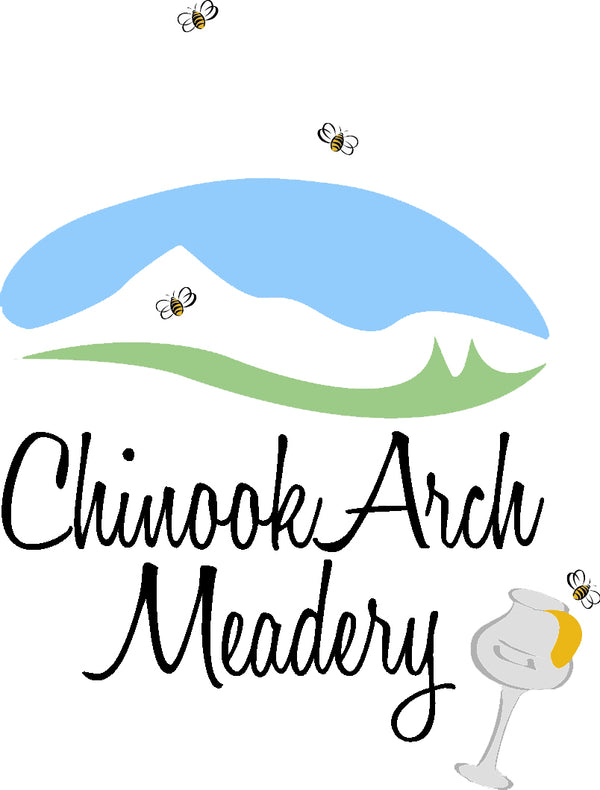We've had our first snowfall of the season and our bees are all wrapped snugly for the winter. Predictably Mother Nature has now provided us with a chinook and the bees are out foraging. Their keen sense of smell often brings them to our commercial kitchen window screen looking for their honey!
'Sustainability' is a word used frequently in many facets of our lives and we've often thought about how it pertains to honey. There are a plethora of sweeteners in the world and they range in the amount of processing they require and how well they are assimilated in the human body. Most of us seek the least 'manufactured' (most sustainable) and most agreeable for our bodies. How does honey stack up against cane sugar, agave syrup, stevia and others?
Agave syrup has more calories than sugar and present day agave plantations are most often very large, and dependent on chemical fertilizers, herbicides and pesticides.
Beet sugar is produced in Alberta and although comparable to cane sugar in health concerns, it is much more sustainable. Beets are grown in rotation with other crops, use less land and water and production uses minimal water and causes minimal emissions.
Cane sugar is the least healthy for our bodies, requires large water reserves to both grow the raw product and produce the finished item and creates significant waste.
Honey is natural with many beneficial components and easily absorbed by our bodies. The most sustainable method of production would be to have your own hives but if that isn't practical, local raw honey is the next best thing. Small producers create minimal waste, use very little energy and water resources and those impacts are generally neutralized by the benefits of the pollination the bees provide.
Maple syrup is also natural and rivals honey with its many health benefits. A stand of maple trees provides vast carbon benefits and the fuel used to reduce the sap to syrup is generally dead maple timbers. And the trees don't require chemical treatments!
Stevia has no calories and is much sweeter than any of the others. For that reason it is often blended with chemical sweeteners or fillers. It's health benefits may be outweighed by potential harmful effects which are currently being researched. Stevia is grown and produced in China, South America, Kenya and US. It's environmental footprint is said to be less than for sugar. It has been recommended to look for certified organic product to avoid blended products.
So, natural raw honey is definitely a great choice for your everyday sweetener. Pure maple syrup is a good option too but not as available for most of us!

